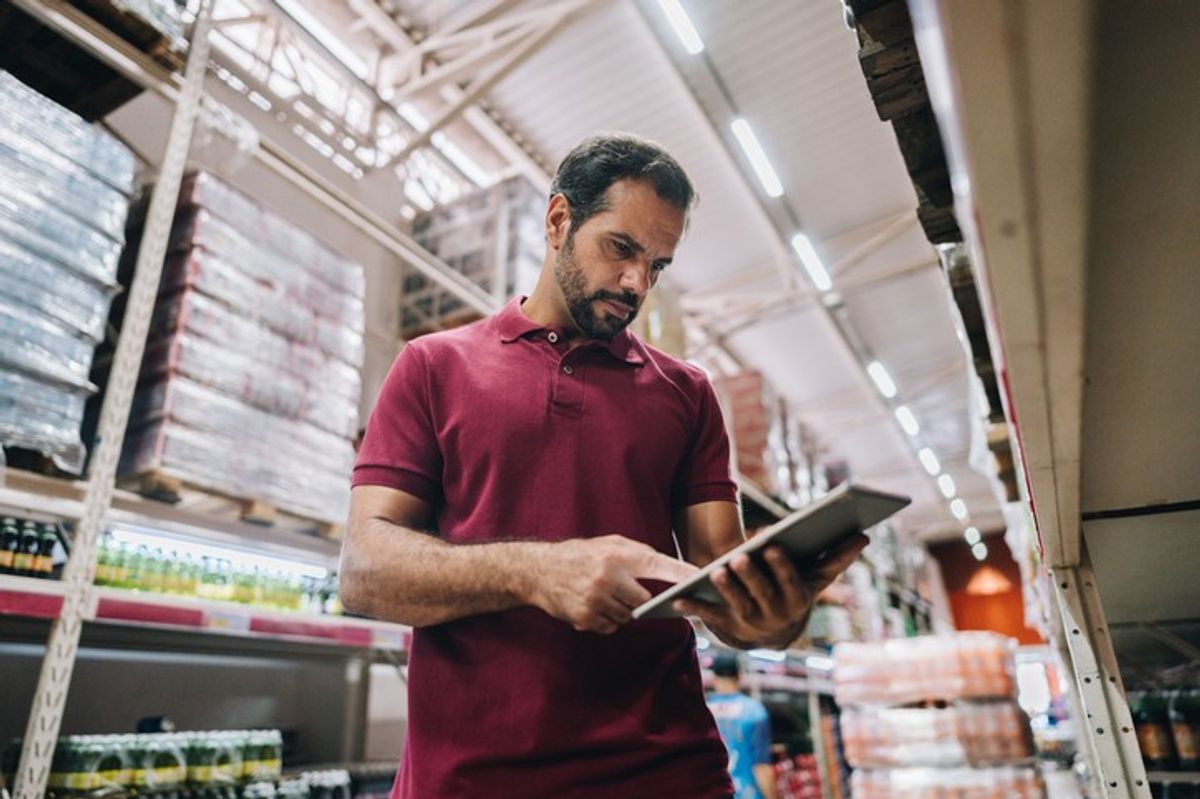E-commerce has become a central channel for wholesalers, with a significant portion of foodservice and retail operators now shopping exclusively online, shows a recent report.
According to Lumina Intelligence’s new UK Wholesale Online Report 2024, wholesalers should prioritise eB2B strategies that deliver seamless digital experiences and ensure product visibility.
Economic pressures continue to challenge spending growth in the sector. However, targeted offers, loyalty programmes, and operational efficiencies are being used to drive more frequent purchasing and boost customer retention.
The report showcases how wholesalers such as Hancocks and Parfetts have modernised their platforms to enhance user experiences, while initiatives like Mason Foodservice’s adoption of advanced logistics software have reduced costs and improved customer satisfaction.
Lumina Intelligence further emphasises the importance of digital engagement, noting that online order frequency is increasing.
Suppliers can take advantage of this trend by implementing clear and targeted promotions on digital platforms, including personalised ads and push notifications, to capture operator attention.
Branded searches dominate the retail segment, while foodservice operators face higher search failure rates, underscoring the need for suppliers to provide comprehensive product data and align their marketing with trending search terms, such as sustainability-focused keywords.
Retailers are also more likely than foodservice operators to make impulsive purchases, presenting opportunities for suppliers to maximise conversions through compelling promotional offers, digital banners, and strategic new product placements.
The report identifies several key opportunities for the future, including the expansion of digital loyalty initiatives, such as Sugro UK’s e-loyalty scheme collaboration with b2bStore, which rewards digital purchasing behaviours to drive customer traffic and sales.
Mobile commerce continues to see strong growth, making app optimisation and mobile-specific strategies critical for wholesalers and suppliers alike.
Additionally, there is increasing demand for sustainable products, including compostable packaging, presenting suppliers with opportunities to lead in the eco-conscious market.


